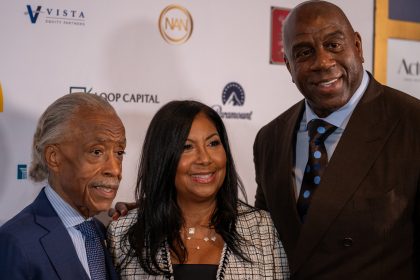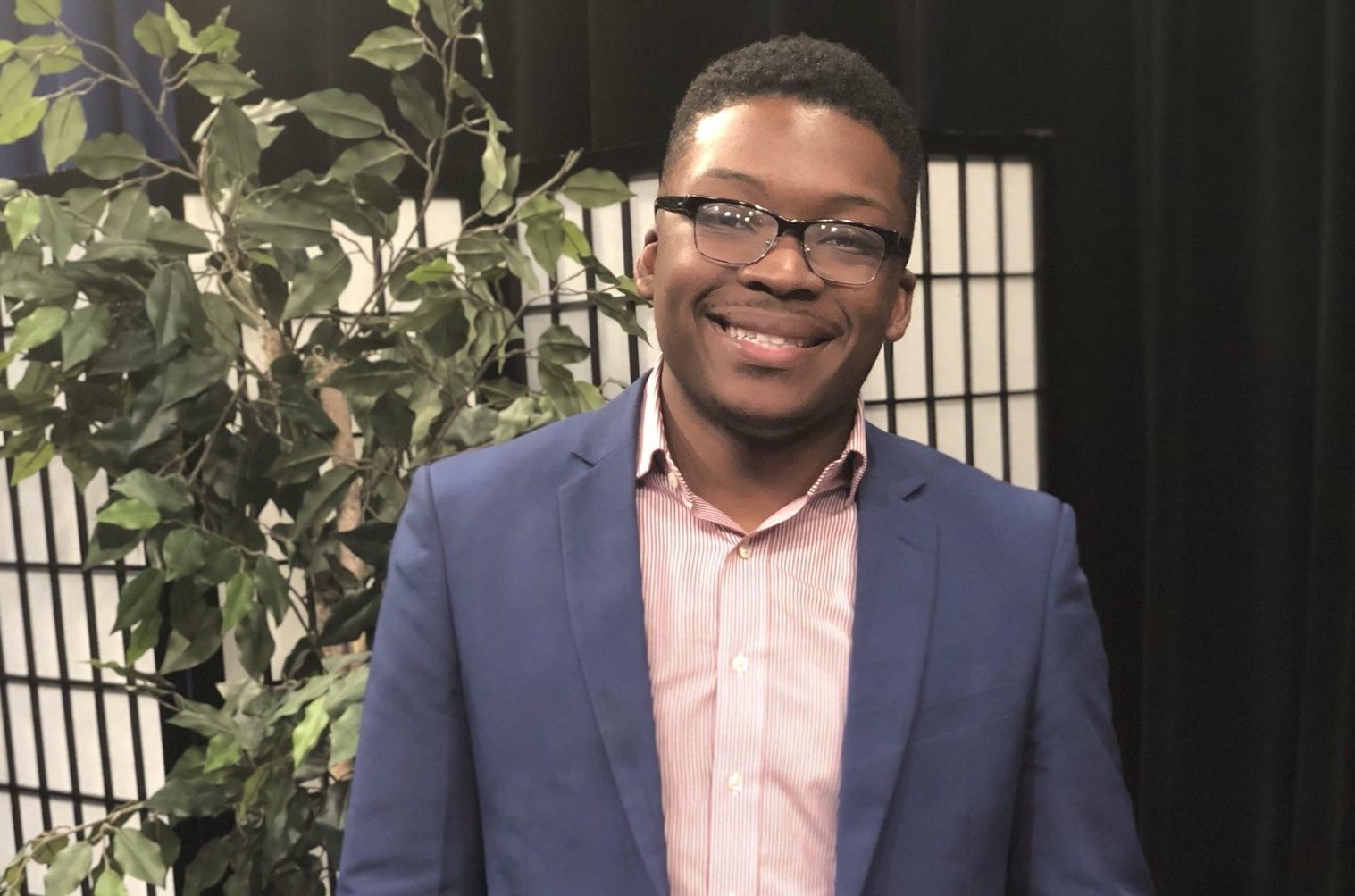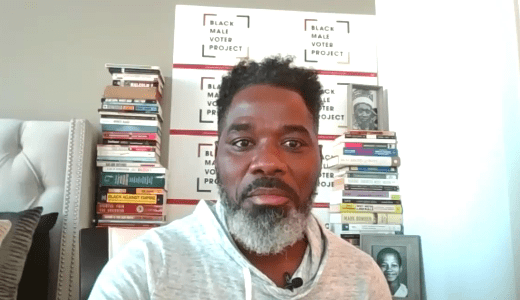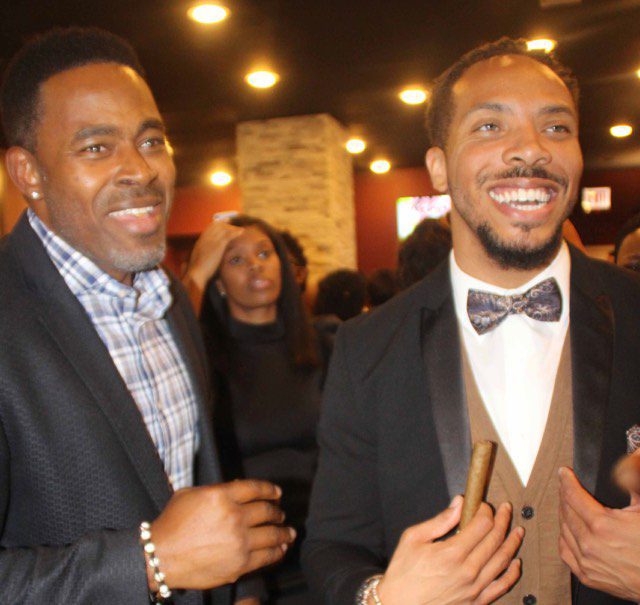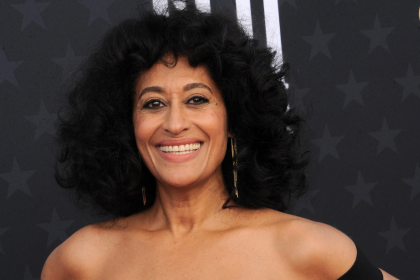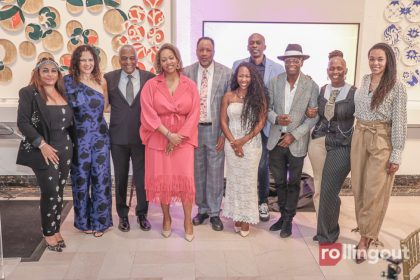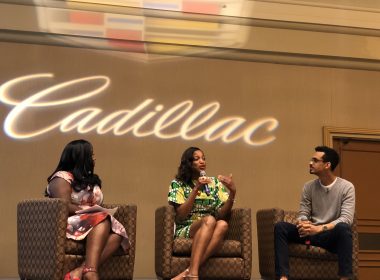 At what point in time does potential energy become wasted energy and therefore worthy of nobody’s energy at all?
At what point in time does potential energy become wasted energy and therefore worthy of nobody’s energy at all?
That question is one that has perplexed me for some time, both on a personal level and on the community front. As many of us face the challenges involved with maximizing our own talents and abilities, the Black community as a whole faces a similar challenge and is about four decades behind in developing a winning solution.
In the early 1970s, the Black Power movement was at all-time high, racking up victories like academic and corporate affirmative action at a pace not seen since the Reconstruction period. On the political front, the gains were just as massive. In 1964, there were 350 Black elected officials across the country. In 1970, there were 1,469. By the year 2000 that number had grown to 9,040, and the once unimaginable idea of having a Black president was made a reality with the 2008 election of Barack Obama. For proponents of political participation as a pathway to community empowerment, you would think that complete Black empowerment would come right along with those gains, but it hasn’t. And the question is, why?
It’s simple, really. American greed is a very real thing. Economic and social racism never died. And a lot of Black people weren’t really in love with Black people.
Let’s first deal with American greed. I’ve touched on this so many times before that I will only gloss over it here. We want it all, much more than we need. Too many of us separate ourselves from the community and are willing to get ours at the expense of everyone else.
Secondly, Ta-Nehisi Coates and Michelle Alexander have laid these cases out simple and plain. Redlining and housing discrimination sucked the economic lifeblood out of the Black middle class, and the new Jim Crow known as the prison industrial complex, working in collaboration with both the proliferation of and the “war” on drugs, resulted in there being more Black people in prison today than there were in slavery at the time of the Emancipation Proclamation.
The last point is the one that stings the most. Far too many Black folks sipped the witches’ brew that said Black people as a whole were, indeed, less than, and whole generations of Black folks spent their lives working to prove that perception wrong. That would be all good except for the fact that a lot of these same people bought into the belief that they themselves were the exception to a majority population that actually was less than. So instead of sticking around to build an infrastructure for the majority of the Black community, Black people with means abandoned the ‘hood, seeking either to build small communities of affluent Negroes or integrating with the good White folks that they so desperately wanted to prove themselves to.
So, because racism still existed, the wannabe better than the rest of Black folk. Black folk were never able to attain the wealth and access that they so desired, and because they abandoned their communities of origin, they also took with them a huge abundance of talent and resources that would have been better used to create a Black community infrastructure.
With their absence, which wasn’t complete but was extremely significant, an ungodly number of less fortunate Black people became reliant on government and non-Black land barons who maintained ownership of the land but made very little investment in Black people themselves. When the factory jobs left the inner city, it took with it the economic security that consistent jobs brought to those communities. The Black politician, often times rich in rhetoric but poor in economic clout, had few friends in big business willing to continue to invest in urban areas, and so…Black communities were hit hard, and they have yet to pick themselves up off the pavement.
Having no money and no jobs made certain “leaders” ripe for co-optation and, today, we see a city like Chicago with a large Black population but little active power. Years of disillusionment, disinvestment, discrimination and disinterested leadership has left the community fractured and in disrepair. Black folks could come together but, unfortunately, so many people have been scarred, that it’s going to take something close to an act of God for communities to move in the organized fashion necessary to right the ship.
Now, as for me, I believe in God and in the power of God’s children to activate the god in them. I trust and believe that there will be a few Black folks that build a infrastructure that will save and support a community conscious enough to operate in their own best interests. Those few will link up with people of other ethnicities who share a common beliefs and core value, and will create something that, today, is hard to imagine. Those people are powerful beyond measure, and are being strengthened by their ability to put power in action every day. For those not on that path, however, they will remain Black and powerless, and will fall victim to whatever the world has for them.
Which one are you?

